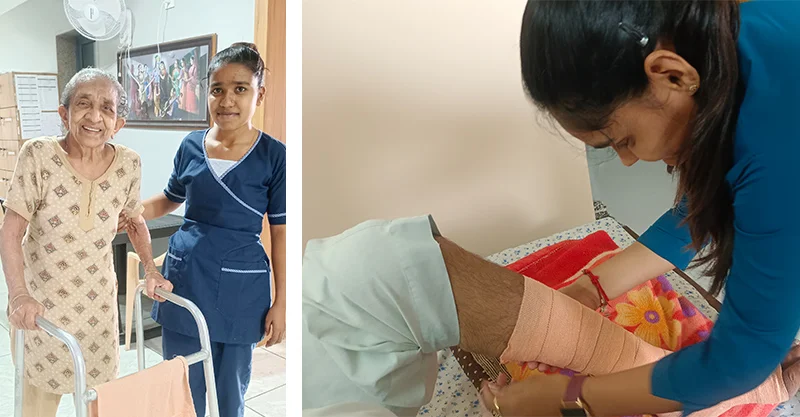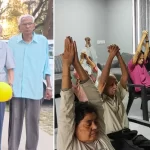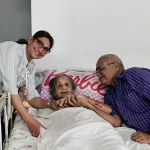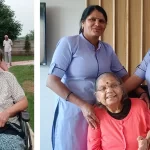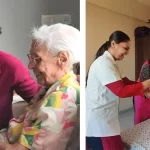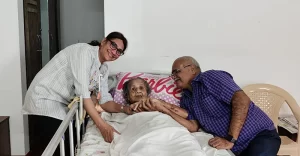As we age, our bodies change, and for our elderly loved ones, taking care of their muscles becomes increasingly important. Conditions like joint pain, osteoporosis, and fractures are common among seniors, affecting their daily lives. Let’s explore why muscle care matters for older people, emphasizing the need for tailored care plans and comprehensive services to support them in their later years.
Understanding Orthopedic Care
Orthopedic care involves various medical services aimed at diagnosing, treating, and preventing muscle-related conditions affecting bones, joints, tendons, ligaments, and muscles. These conditions present unique challenges for older individuals, and orthopedic care services are designed to address them, ensuring seniors maintain optimal functionality and mobility.
Challenges Faced by Seniors
Elderly individuals often face specific challenges related to muscle health due to age-related changes, existing conditions, and lifestyle factors. Arthritis, for instance, can cause severe pain and stiffness, limiting mobility and independence. Osteoporosis weakens bones, increasing the risk of fractures, especially in areas like the hip, spine, and wrist. Additionally, falls pose a significant risk, potentially leading to serious muscle injuries and long-term complications.
The Importance of Personalized Orthopedic Care Plans
Personalized muscle care plans are essential for addressing the unique needs and challenges of elderly patients. Developed in collaboration with muscle specialists and other healthcare professionals, these plans ensure seniors receive comprehensive care tailored to their individual conditions. A typical plan might include:
- Comprehensive Evaluation: Assessing the patient’s muscle health through physical exams, imaging tests, and medical history review to identify existing issues or risk factors.
- Treatment Options: Based on the evaluation findings, various treatment options are recommended, including medication management, physical therapy, orthotic devices, and assistive aids to alleviate symptoms and improve functionality.
- Fall Prevention Strategies: Given the increased risk of falls among seniors, muscle care plans incorporate strategies such as home modifications, balance exercises, and education on fall prevention techniques.
- Surgical Interventions: In cases where conservative treatments are ineffective, surgical intervention may be necessary to address conditions like fractures, joint degeneration, or ligament injuries.
- Postoperative Rehabilitation: For those undergoing surgery, postoperative rehabilitation is essential for promoting recovery, restoring functionality, and preventing complications through physical and occupational therapy, along with ongoing monitoring.
Comprehensive Orthopedic Care Services
Comprehensive muscle care services cater to the diverse needs of elderly patients, ensuring continuity of care and support throughout their muscle journey. These services may include:
- Access to Muscle-trained Professionals: Seniors have access to professionals who understand the unique needs of elderly patients, providing expert guidance and support.
- Personalized Recovery Programs: Physical therapy programs aim to improve mobility, strength, and flexibility, enabling seniors to regain independence and functionality.
- Multimodal Pain Management: Various approaches to pain management, including medications, injections, physical modalities, and alternative therapies, are used to alleviate muscle pain and enhance quality of life.
- Customized Orthotic Devices: Orthotic devices like braces, splints, and muscle footwear are customized to support joints, correct alignment, and reduce the risk of injury.
- Educational Resources: Information and resources on muscle conditions, treatment options, self-care techniques, and preventive measures empower seniors and their caregivers to make informed decisions.
Conclusion
Orthopedic care plays a vital role in supporting the well-being of our elderly loved ones by addressing the unique muscle challenges they face. Through personalized care plans and comprehensive services, seniors can maintain mobility, functionality, and independence, ultimately enhancing their overall quality of life. Prioritizing muscle care for the elderly, healthcare providers contribute to better aging and improved outcomes for this vulnerable segment.

